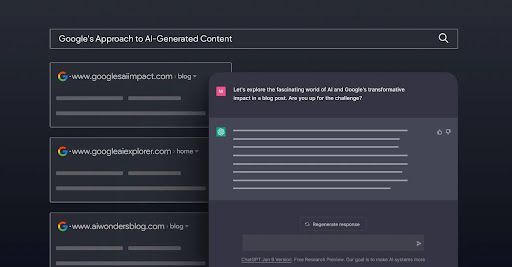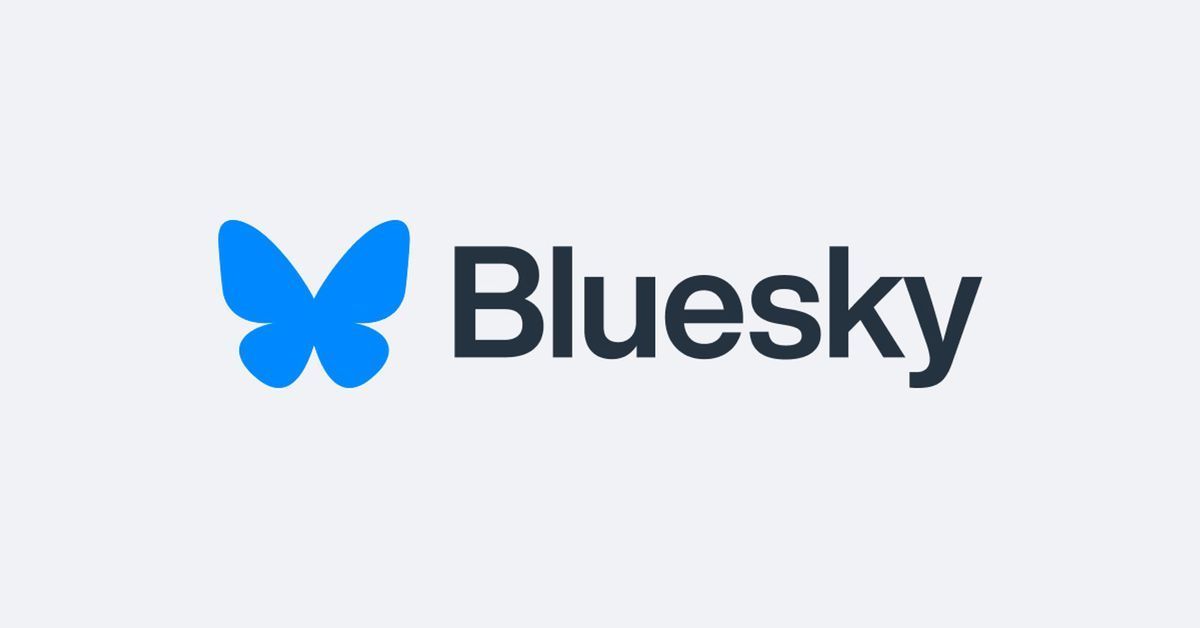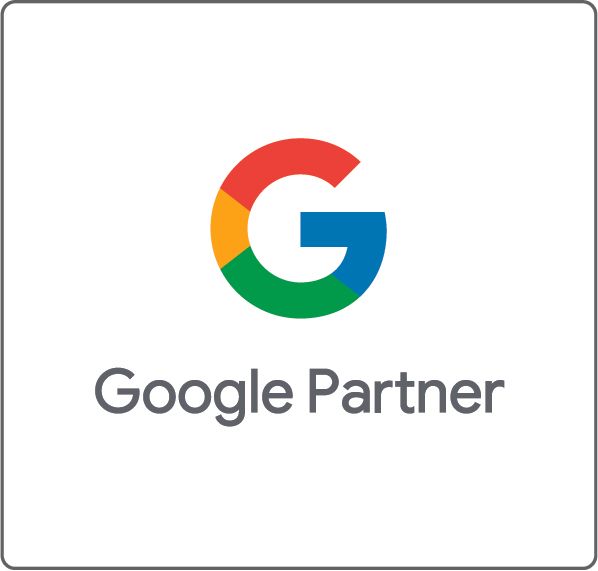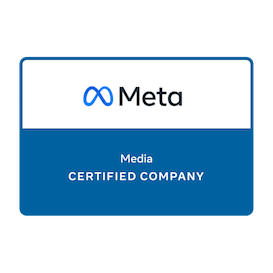Does Google Penalize AI-Generated Content?
It’s no secret that AI content is on the rise, and you are probably wondering if there is any penalty associated with using AI-generated content for your business. What is Google’s stance on AI-generated content, and what do the most recent algorithm changes mean for marketers and business owners alike? The Google Search algorithm update earlier this month aims to reduce spammy content in search results, but many people are left wondering if they should be using AI-generated content or not.
Understanding Google's Algorithm Update
The essence of the recent Google algorithm update is not to penalize AI-generated content outright but to reinforce the importance of quality content. Google boasts that this latest update will reduce unhelpful search content
by 40%. Notice how they choose the word “unhelpful” and do not directly say they are reducing “AI” content. Google's primary goal has always been to provide users with the most relevant, accurate, and helpful information. This means that the search engine giant is taking steps to ensure that content, whether crafted by humans or AI, meets these criteria.

Source: Duda
What Counts as Quality Content?
Quality content,
according to Google, is helpful, reliable, and people-first. This means that content should not be created with the intention of manipulating search results (keyword stuffing, duplicating content, content scraping, etc.), and should always aim to provide value to the user. So what do content creators have to do to ensure their content is high-quality enough?
Implications for Business
For business owners and marketers, the key takeaway from the algorithm update is to focus on the quality of AI-generated content. Here are several implications and strategies to consider:
- Refinement and Review: It's essential to review and refine AI-generated content to ensure that it aligns with Google's quality expectations. Content needs to be informative, factually accurate, and provide value.
- Human Touch: Incorporating a human element into the review process can help to enhance the content's quality, making it more engaging and authentic.
- Avoid Manipulation: Strategies that involve spammy practices or attempt to game the search algorithms are likely to be penalized. Authenticity and value should be at the core of your content strategy.
Balancing AI and Authenticity
While AI offers an efficient way to generate content, it's imperative to balance efficiency with authenticity. AI can assist in drafting initial content based on given parameters, but human insight is invaluable for adding unique perspectives, personal experiences, and a relatable tone.
So What Does This Mean?
Google continues to emphasize the importance of quality content in SEO strategies. While AI-generated content is not penalized simply for being AI-generated, it's crucial to ensure that such content meets Google's quality standards. By focusing on creating informative, accurate, and engaging content, businesses can leverage AI without sacrificing their search rankings. In essence, the future of AI-generated content in SEO lies in balancing technological efficiency with the value of human touch. Want to keep up with the latest in SEO? Follow us on social media and stay up to date with our blog!

Targeted Advertising
Retail media networks enable highly targeted advertising. Retailers have access to a wealth of data about their customers' shopping habits, preferences, and demographics. This data allows advertisers to create highly targeted and personalized campaigns, increasing the likelihood of reaching the right audience.
Button
Monetization Opportunity
Retailers can monetize their online platforms by selling advertising space to manufacturers and brands. This additional revenue stream can help grocers offset costs and improve profitability.
Button
Enhanced Shopper Experience
Advertisements on a retail media network can be designed to enhance the overall shopper experience. Relevant and engaging ads can provide useful information, highlight promotions, and offer personalized recommendations, creating a more positive shopping experience.
Button
Data Insights and Analytics
Manufacturers and brands can gain valuable insights from the data generated through retail media networks. Analyzing customer behavior, ad performance, and other metrics can help them optimize their marketing strategies, refine product offerings, and make data-driven decisions.
Button
Cross-Promotions and Collaborations
Retail media networks provide an opportunity for collaboration between retailers, manufacturers, and brands. Joint promotional campaigns and cross-selling initiatives can be implemented to benefit all parties involved.
Button
Measurable ROI
Advertisers can track the performance of their campaigns in real-time. This level of visibility allows them to measure the return on investment (ROI) of their advertising efforts and adjust as needed to optimize results.
Button
Competitive Advantage
Retailers that effectively leverage a retail media network can gain a competitive advantage in the market. By offering a valuable platform for advertisers, retailers can attract more brands to their network and strengthen their position in the industry.
Button
Omni-Channel Marketing
Retail media networks often span both online and offline channels, providing a seamless experience for customers across various touchpoints. This omni-channel approach can help advertisers create cohesive and integrated marketing campaigns.
Button
Adaptable and Flexible
Retail media networks can adapt to changing market conditions and consumer preferences. Advertisers can quickly modify their campaigns to respond to trends, seasonal changes, or shifts in consumer behavior.
Button
Building Brand Loyalty
Effective advertising on a retail media network can contribute to building brand loyalty. By engaging with customers at multiple points in their shopping journey, advertisers can foster a stronger connection with their target audience.
Button
SparkShoppe in collaboration with our retail and CPG partners has proven the power of a retail media network. The results are driven from the ability to provide targeted advertising, create additional revenue streams for retailers, enhance the shopper experience, offer valuable data insights, and foster collaboration between grocers and manufacturers. When utilized effectively, it can be a win-win for all stakeholders involved. Ignite your strategy today by connecting with us!



Address
4 Corporate Drive,
Clifton Park, NY 12065
Shopper and Marketing Insights to Your Inbox!
Sign up with your email address to receive updates and insights from the SparkShoppe team!
Newsletter footer
We will get back to you as soon as possible.
Please try again later.
We support your right to privacy and therefore will not disclose your personal data to other organizations, third party vendors, suppliers or marketers.
© 2024 All Rights Reserved | Privacy Policy | Accessibility Statement













